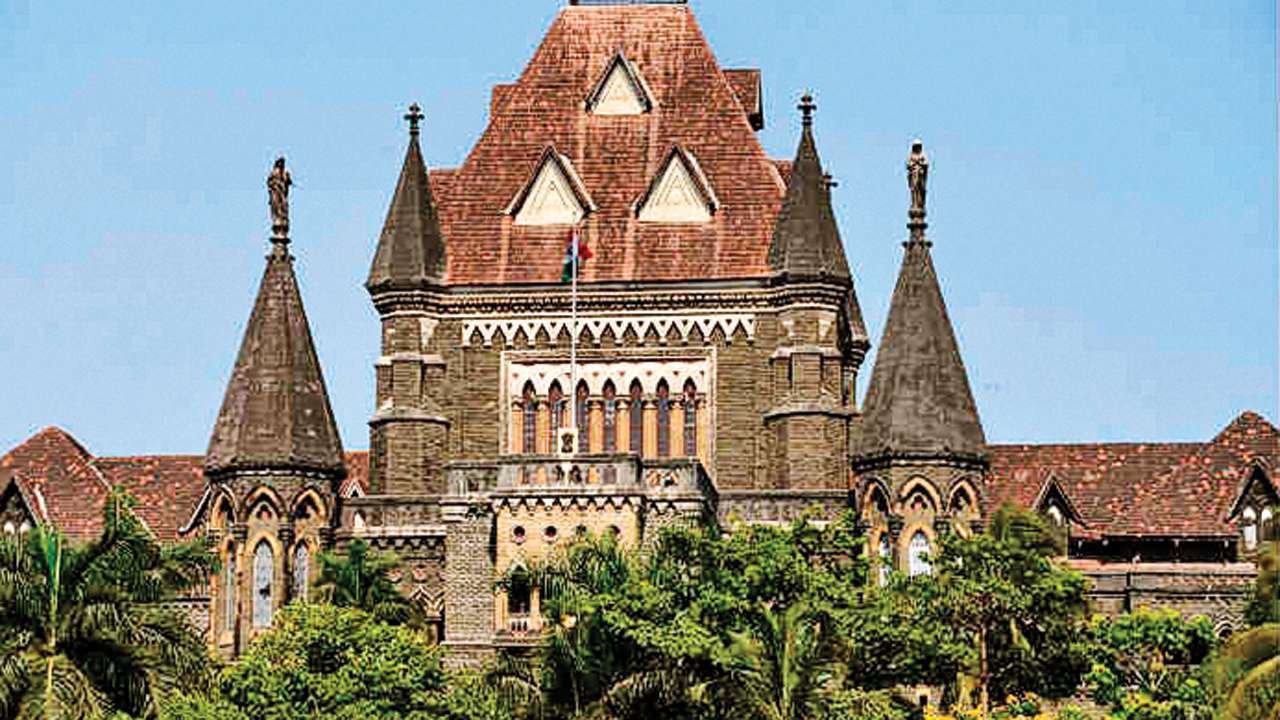The Bombay High Court in the case Harikesh @ Guddu Madan Kattilwar v. Deputy Police Commissioner observed and has held that the subjective satisfaction for passing of an externment order which cannot be recorded on the basis of a crime in which the accused was acquitted.
The bench headed by Justice G. A. Sanap in the case observed and has quashed the order of externment.
In its order the court placed reliance upon the crimes in which the petitioner was acquitted would indicate that the inquiry was flawed. Therefore, the same needs to be emphasized that the subjective satisfaction for passing such an order must be arrived at on the basis of the objective material. In the said case, the court could have taken into consideration the material as the same being to be an objective material to arrive at subjective satisfaction.
In the said case, the writ petitioner challenged the order passed by Deputy Commissioner of Police, Amravati wherein directing the petitioner externment from Amravati city as well as Amravati district.
An order has been passed by DCP under Section 56(1)(b) of the Maharashtra Police Act. Thus, the Frazerpura police station registered the nine crimes as well as two preventive actions under section 110 of Code of Criminal Procedure were being relied on for the order. Thus, four crimes were for the offences under Indian Penal Code and the four other crimes were being for the offences under the Maharashtra Prohibition Act. The remaining crime were for the offences under the Maharashtra Police Act.
The court also relied on the case Dhananjay Manohar Sapkal v. State of Maharashtra and has stated that the offence under the Maharashtra Prohibition Act and Maharashtra Prevention of Gambling Act cannot be considered for the purpose of passing an externment order.
However, the petitioner in the case has been acquitted in the four crimes registered under Indian Penal Code. Therefore, APP for the justified reliance on these crimes contended that the petitioner did not respond to the show-cause notice and hence the DCP did not know that the petitioner was acquitted in those crimes.
It has also bene stated by the court that in 2017 the crime was registered being a stale crime and could not have been taken into consideration. The same would not be sufficient to establish the Live link for passing the order.
Further, it has also been noted by the court that there no such reason has been given for ordering externment for two years from the entire Amravati District even though all the registered crimes were within the jurisdiction of Frezarpura Police Station, Amravati City.
Accordingly, the court stated that the order of externment suffers from the “virus of excessiveness” as it has been confirmed by the Divisional Commissioner despite recording the fact of the acquittal of the petitioner in four of the crimes

















